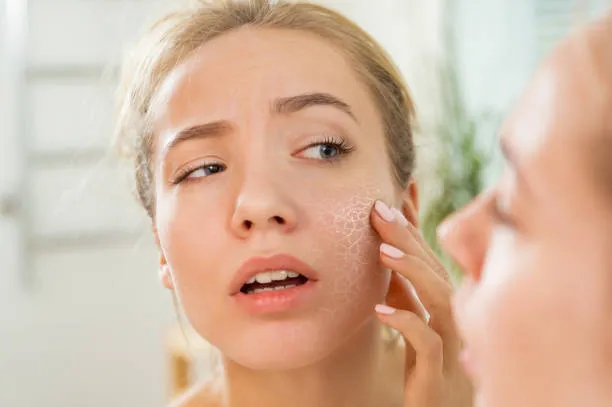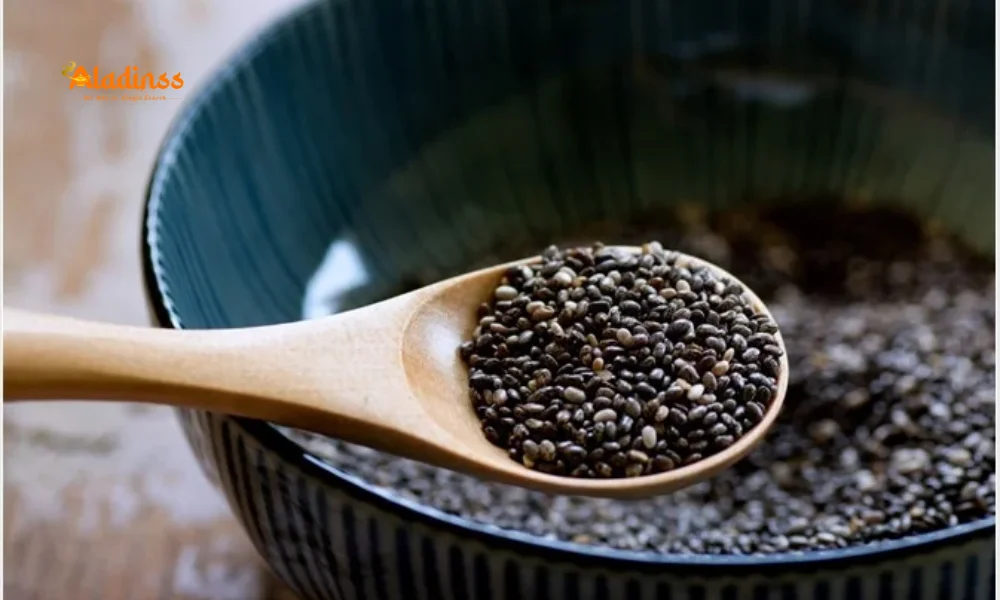Morning Facial Swelling: Causes & Solutions

Morning Facial Swelling: Causes and Solutions
Waking up with a puffy face is a common experience, but it can sometimes signal underlying health issues. Medical experts warn that while morning facial swelling is often harmless, persistent puffiness may indicate dietary, lifestyle, or medical problems. Understanding the causes—from diet and dehydration to allergies and hormonal changes—can help you address this issue effectively. This article explores the reasons behind facial swelling and offers practical solutions to reduce it, helping you start your day feeling refreshed in 2025.
Why Does Your Face Swell in the Morning?
Facial swelling, or edema, occurs when excess fluid accumulates in the tissues of the face. This is often more noticeable in the morning due to lying down overnight, which allows fluid to pool in the face. While temporary puffiness is usually benign, persistent or severe swelling may point to deeper issues. According to a 2021 study in the Journal of Clinical Medicine, facial edema can result from fluid retention caused by diet, dehydration, or underlying medical conditions.
Lifestyle factors like poor sleep, high sodium intake, or alcohol consumption can exacerbate fluid retention. Medical conditions such as allergies, sinus infections, or hormonal imbalances also play a role. Identifying the root cause is crucial for effective management, as addressing the underlying issue can prevent recurrent swelling and improve overall health.

Common Causes of Morning Facial Swelling
Several factors contribute to facial puffiness, ranging from dietary habits to medical conditions. Here are the primary causes:
High Sodium and Sugar Intake: Consuming excess sugar or salty foods, like chips or processed snacks, causes water retention, leading to facial swelling. A 2020 study in the American Journal of Clinical Nutrition found that high sodium diets increase fluid retention by 20%.
Alcohol Consumption: Alcohol dehydrates the body, prompting it to retain water, which can manifest as facial puffiness. This is especially common after late-night drinking.
Lack of Sleep: Sleeping less than 7–8 hours disrupts fluid balance and lymphatic drainage, leading to puffiness. A 2022 study in Sleep Medicine linked sleep deprivation to increased facial edema.
Dehydration: Insufficient water intake causes the body to hold onto fluids, resulting in swelling. Drinking less than 8 glasses daily increases this risk.
Allergies and Sinus Issues: Allergic reactions or sinus infections cause inflammation and fluid buildup, leading to puffiness around the eyes and cheeks.
Hormonal Changes: Menstruation, pregnancy, or menopause can disrupt fluid balance, causing swelling, especially in women with hormonal imbalances.
Medical Conditions: Conditions like kidney disease, thyroid disorders, or lymphedema can cause persistent facial swelling, requiring medical attention.

Foods That Increase Inflammation and Swelling
Certain foods trigger inflammation and water retention, worsening facial puffiness. High-sugar foods, such as sodas and desserts, cause inflammation by spiking blood sugar, leading to fluid buildup. A 2021 study in Nutrition & Metabolism found that excessive sugar intake increases inflammatory markers by 15%, contributing to edema. Similarly, fried foods like fries and fried chicken, high in unhealthy fats and sodium, promote water retention and puffiness.
Alcohol is another major culprit. It dehydrates the body, prompting compensatory fluid retention, which manifests as a puffy face the next morning. Late-night eating, especially of processed or salty foods, exacerbates this issue by disrupting the body’s fluid balance. Avoiding these foods, particularly in the evening, can significantly reduce morning swelling.
Also Read: Magnesium Deficiency Risks for Women

Foods That Reduce Inflammation and Puffiness
Incorporating anti-inflammatory and hydrating foods can help combat facial swelling. Green tea, rich in epigallocatechin gallate (EGCG), is a powerful antioxidant that reduces inflammation. A 2020 study in the Journal of Nutritional Biochemistry found that EGCG lowers inflammatory markers by 20%, helping reduce puffiness. Drinking 1–2 cups daily can support overall health and minimize swelling.
Coconut water is another excellent choice, providing natural hydration and essential minerals like potassium, which regulate fluid balance. Fruits high in water and vitamin C, such as cucumber, watermelon, and oranges, keep the body hydrated and reduce fluid retention. For example, cucumbers are 95% water and contain anti-inflammatory compounds like cucurbitacins, making them ideal for reducing puffiness.

Lifestyle Solutions to Prevent Facial Swelling
Beyond diet, lifestyle changes can significantly reduce morning facial puffiness. Here are practical solutions:
Stay Hydrated: Drink 8–10 glasses of water daily to prevent fluid retention. Apps like WaterMinder can track water intake and send reminders.
Improve Sleep Habits: Aim for 7–8 hours of quality sleep and elevate your head with an extra pillow to reduce fluid pooling. A 2023 study in Sleep Health found that proper sleep positioning reduces facial edema by 30%.
Limit Sodium and Alcohol: Reduce consumption of salty snacks and alcohol, especially in the evening, to prevent water retention. Check food labels for sodium content and opt for low-sodium alternatives.
Manage Allergies: If allergies or sinus issues are suspected, consult a doctor for antihistamines or nasal decongestants. Regular use of a neti pot can also clear sinus passages.
Exercise Regularly: Light activities like walking or yoga improve lymphatic drainage, reducing facial puffiness. A 2022 study in Lymphatic Research and Biology noted that moderate exercise decreases edema by 25%.
When to Seek Medical Attention
While occasional facial swelling is normal, persistent or severe puffiness may indicate serious conditions like kidney disease, thyroid disorders, or lymphedema. Symptoms like swelling in other areas (hands, feet), shortness of breath, or severe fatigue warrant immediate medical attention. Blood tests, ultrasounds, or hormone panels can diagnose underlying issues, and early intervention can prevent complications.
Women experiencing hormonal changes, such as during menstruation or menopause, should monitor swelling patterns and consult a healthcare provider if puffiness persists. A nutritionist can also help tailor a diet to reduce inflammation and support overall health, ensuring long-term prevention of facial swelling.
Comment / Reply From
No comments yet. Be the first to comment!






